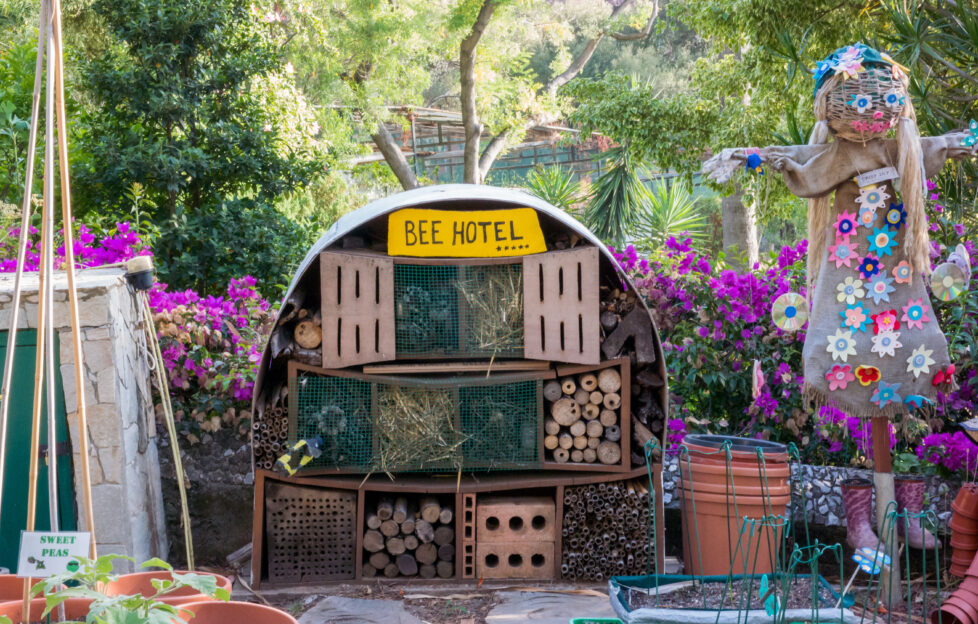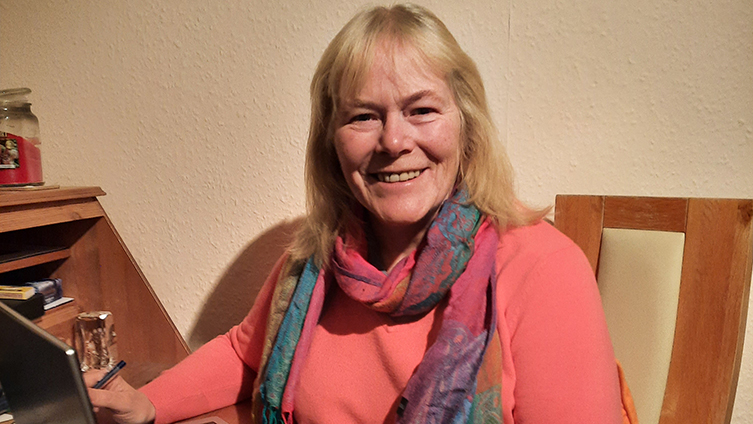 Shutterstock / LeaDigszammal©
Shutterstock / LeaDigszammal©One of the nicest things about the recent easing of restrictions has been being able to talk to friends and neighbours again, face-to-face.
Restrictions vary in different parts of the country, but most of us are now able to chat in our gardens, as long as we stick to the guidelines regarding distancing and numbers of households.
I was in my mum’s garden recently on a lovely sunny evening, when mum’s neighbours asked if I’d like to join them (over the fence) with a glass of fizz.
When I asked what the celebration was, they said – finally, their bee hotel had an occupant!
Bee Hotels
Bees are so important for we humans – pollinating our crops, vegetables and fruit – but they’ve had a lot to contend with, lately. A great deal of their natural habitat has been lost over the past 60 years. Pesticides, intensive farming and climate change are all taking a toll.
Unlike honeybees and bumblebees, who live in colonies, solitary bees live and build nests in old beetle holes, hollow stems, and tunnels. Building a bee hotel encourages them to come to your garden. It gives them a space to nest and lay their eggs.
There’s lots of helpful information about building a bee hotel here – broadly speaking, they’re best positioned around one metre from the ground, and facing south.
A little ‘plug’ of mud indicates that the hotel has a guest!
To Bee, Or Not To Bee
Could the bee hotel help spark a story idea this week?
Hotels – for bees, or humans. Guests. Rooms being occupied.
Climate change, and the positive ways we can help.
Wildlife, in our garden spaces. Garden projects.
Wildflowers. Bee-friendly flowers such as bluebells, honeysuckle and hellebore. And beautiful, bee-friendly buddleia.
Buzz. Buzzing. And of course, being stung!
Hope this helps start a story idea this week.
If Bee Hotels aren’t leaving you with the right buzz, why not take a look at the rest of Lucy’s Story Starters.




